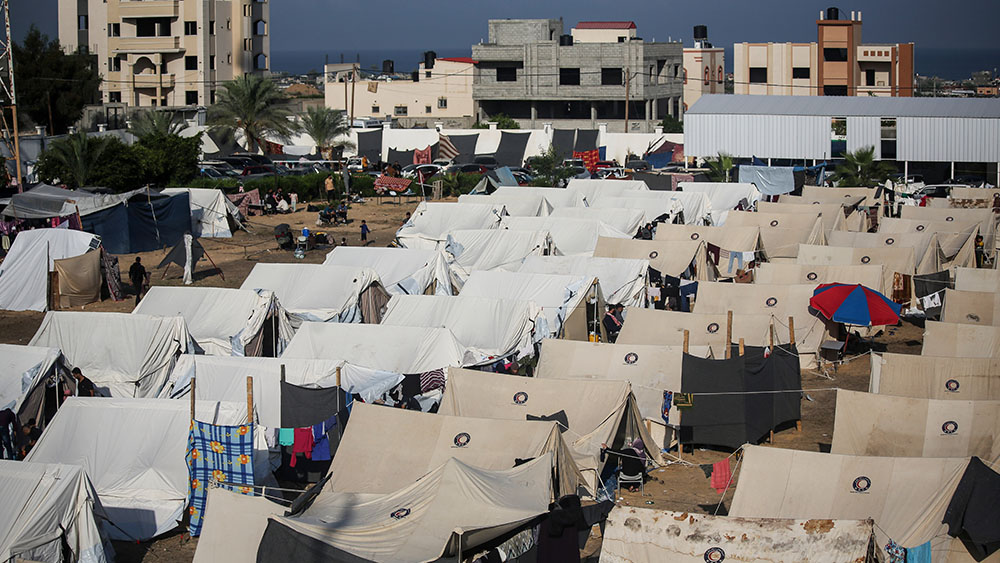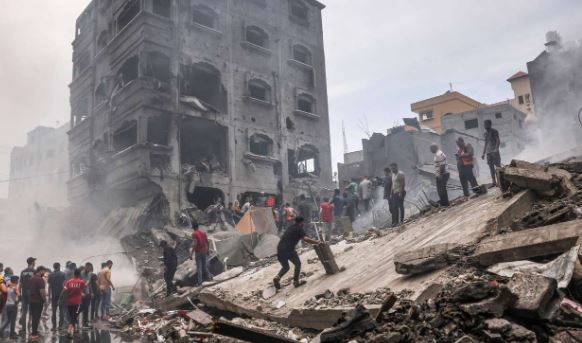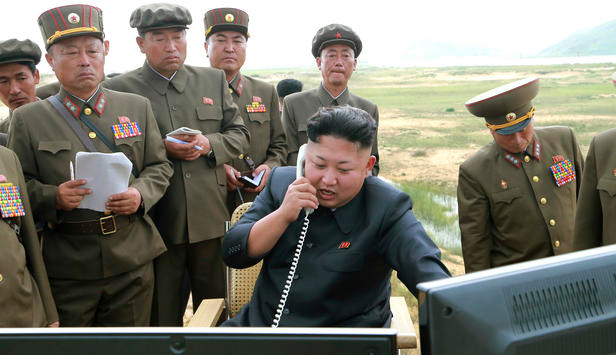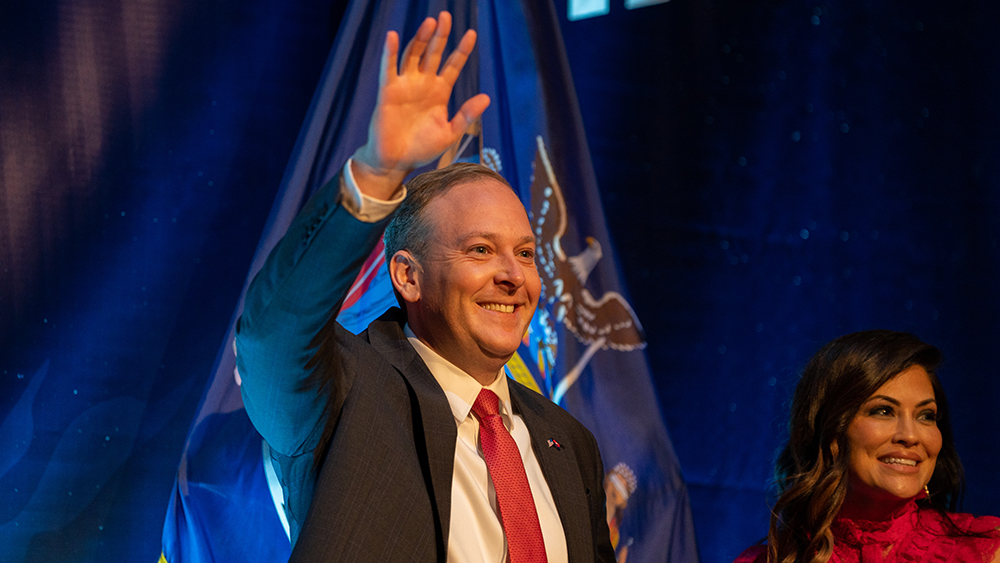Secret Service disciplined personnel after Trump shooting amid systemic overhaul calls
07/11/2025 / By Willow Tohi
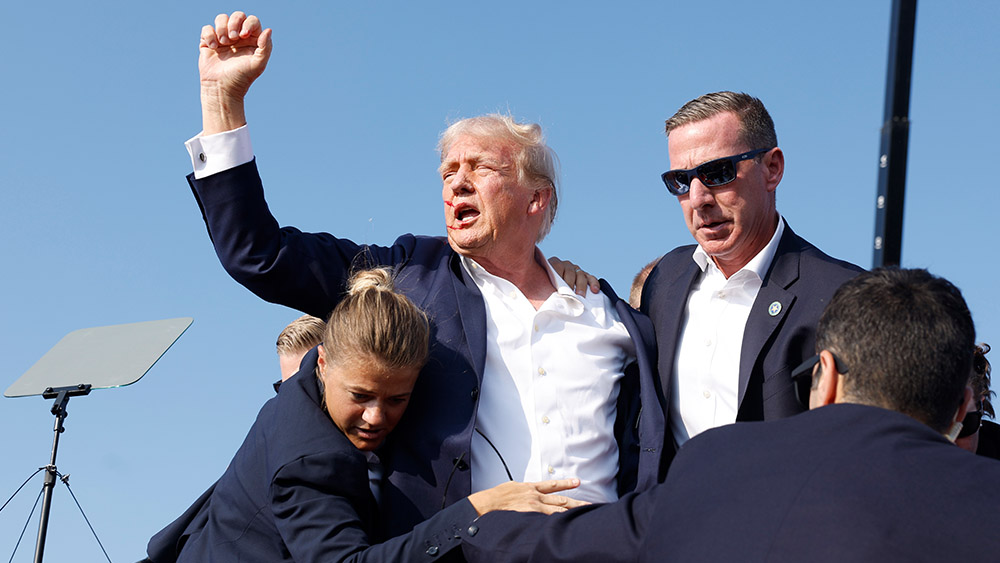
- Six Secret Service agents suspended without pay for failing to prevent the July 13, 2024 assassination attempt on Trump in Pennsylvania.
- A House report attributed the disaster to systemic leadership failures, inadequate training and poor coordination with local law enforcement.
- The Secret Service introduced military-grade drones and mobile command posts to address communication gaps.
- A second assassination plot in Florida was thwarted, highlighting successful reforms in high-pressure scenarios.
- Bipartisan calls for permanent funding and stricter oversight aim to prevent future lapses in security.
The U.S. Secret Service suspended six agents without pay last year following a failed assassination attempt on former President Donald Trump at a campaign rally in Butler, Pennsylvania, on July 13, 2024. The disciplinary actions, announced on Wednesday, July 9, stemmed from communication failures that allowed a shooter, later identified as Thomas Matthew Crooks, to fire a bullet that grazed Trump’s ear. One person died, two were injured and the shooter died in a confrontation with agents. While the penalties ranged 10-42 days of unpaid suspension, the Secret Service avoided firing any personnel, opting instead to reassign some agents to restricted duty. Deputy Director Matt Quinn called the incident “an operational failure” and vowed systemic reforms.
House report exposes root causes of Butler shooting’s security failures
The suspensions followed recommendations by a bipartisan House task force, which issued a damning 180-page report in December 2024. It labeled the Butler attack a “preventable” disaster, rooted in preexisting leadership gaps, inadequate training and poor coordination with local law enforcement. The report highlighted that junior agents with limited experience were placed in critical planning roles, while communication breakdowns delayed responses.
Crucially, the task force revealed Secret Service agents spotted the shooter on a rooftop 10 minutes before Trump’s stage appearance and 20 minutes before the shooting began, but failed to act swiftly. The prolonged absence of a contingency plan for protecting Trump during the attack drew particular scrutiny—agents waited six minutes to remove him from the stage.
Senate Homeland Security Chair Ron Johnson (R-WI) said the revelations underscored a “culture of complacency.” The U.S. Park Police, the Secret Service and local authorities had miscommunicated for months, delaying venue selection until days before the event.
Agency’s current measures: New tech and command structures aim for better coordination
In response, the Secret Service has rolled out military-grade drones and mobile command posts to better monitor crowds and improve radio interoperability with local law enforcement. Deputy Director Quinn emphasized that integrating technology was part of a broader push to address “root causes” rather than reactively firing staff.
“We aren’t going to fire our way out of this,” Quinn told CBS News, defending the decision to suspend rather than terminate agents. “Secret Service is totally accountable for Butler. We’re focused on fixing deficiencies that put us in that situation.”
The then-Secretary of Homeland Security, Mayra Henderson, praised the drone investment as a critical step, stating: “Technology alone won’t solve human error, but it can mitigate risks when decisions falter.”
Lessons learned: Balancing accountability and institutional reform
While disciplinary actions addressed immediate accountability, critics argue deeper reforms are needed. The second assassination plot in September 2024—a foiled attack in West Palm Beach, Florida—demonstrated that agency protocols could work under scrutiny. The House report credited the Secret Service with properly assessing threats and coordinating response teams in Florida, contrasting sharply with Butler’s chaos.
John Sullivan, senior fellow at the Center for Strategic and International Studies, stressed the paradox: “Firing agents sends a message, but it won’t fix training or leadership flaws. The public wants both accountability and proof that the agency can transform.”
A hard road ahead for Secret Service’s reputation
The Secret Service’s path forward remains fraught. Congress has yet to approve permanent funding for new security measures, delaying drone purchases until 2026. Meanwhile, bipartisan calls for congressional oversight persist, with several bills awaiting Senate review to mandate stricter training standards and real-time log recordings.
For now, the agency faces renewed scrutiny as it guards President Trump’s continued political activity, including his potential 2028 presidential bid. Deputy Director Quinn’s admission—“Butler was an operational failure we’ll never forget”—underscores the high stakes. For the Secret Service, rebuilding trust requires more than sanctions—it demands systemic survival.
Sources for this article include:
Submit a correction >>
Tagged Under:
assassination attempt, big government, conspiracy, corruption, coup, culture of complacency, deception, deep state, inadequate training, Secret Service, Trump
This article may contain statements that reflect the opinion of the author
RECENT NEWS & ARTICLES
COPYRIGHT © 2017 BIG GOVERNMENT NEWS


